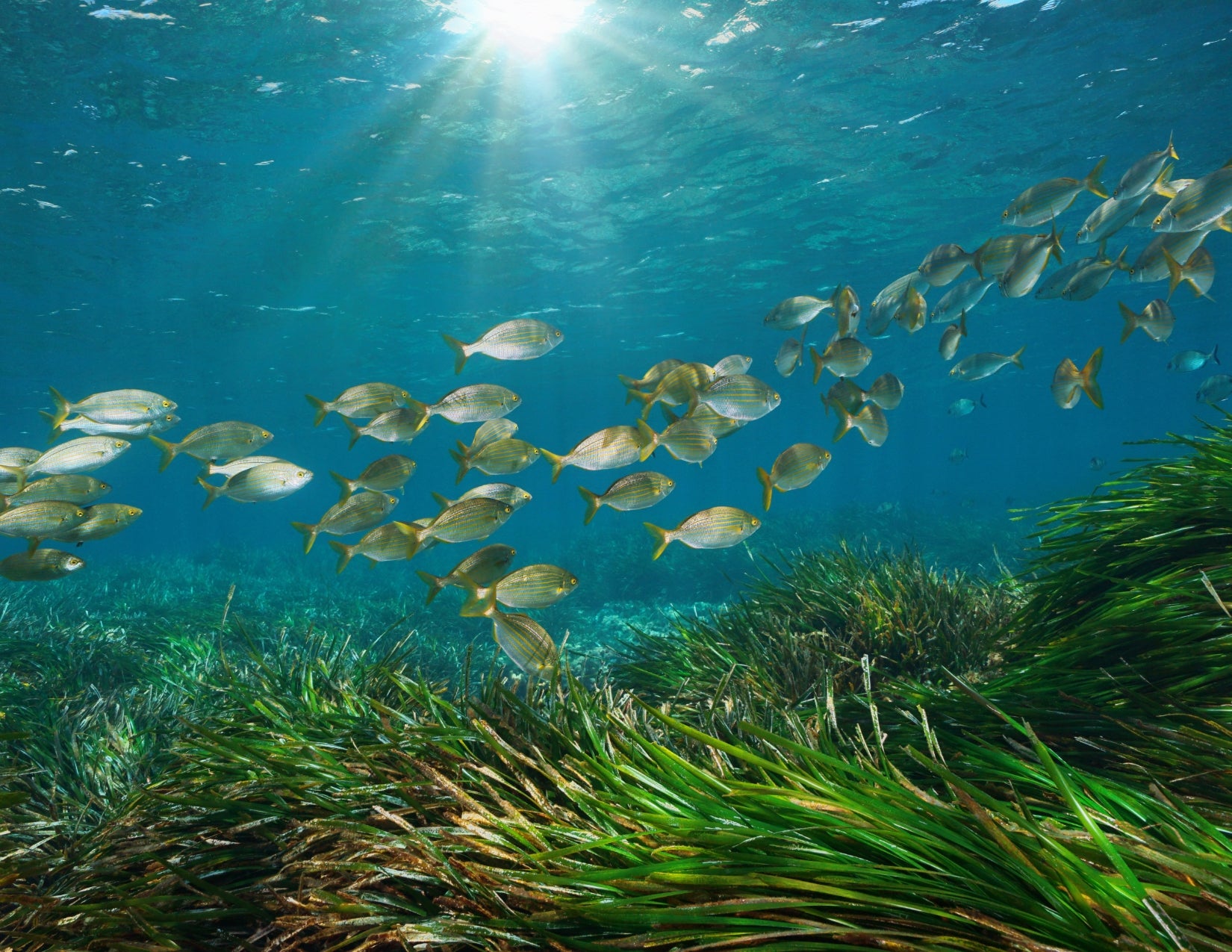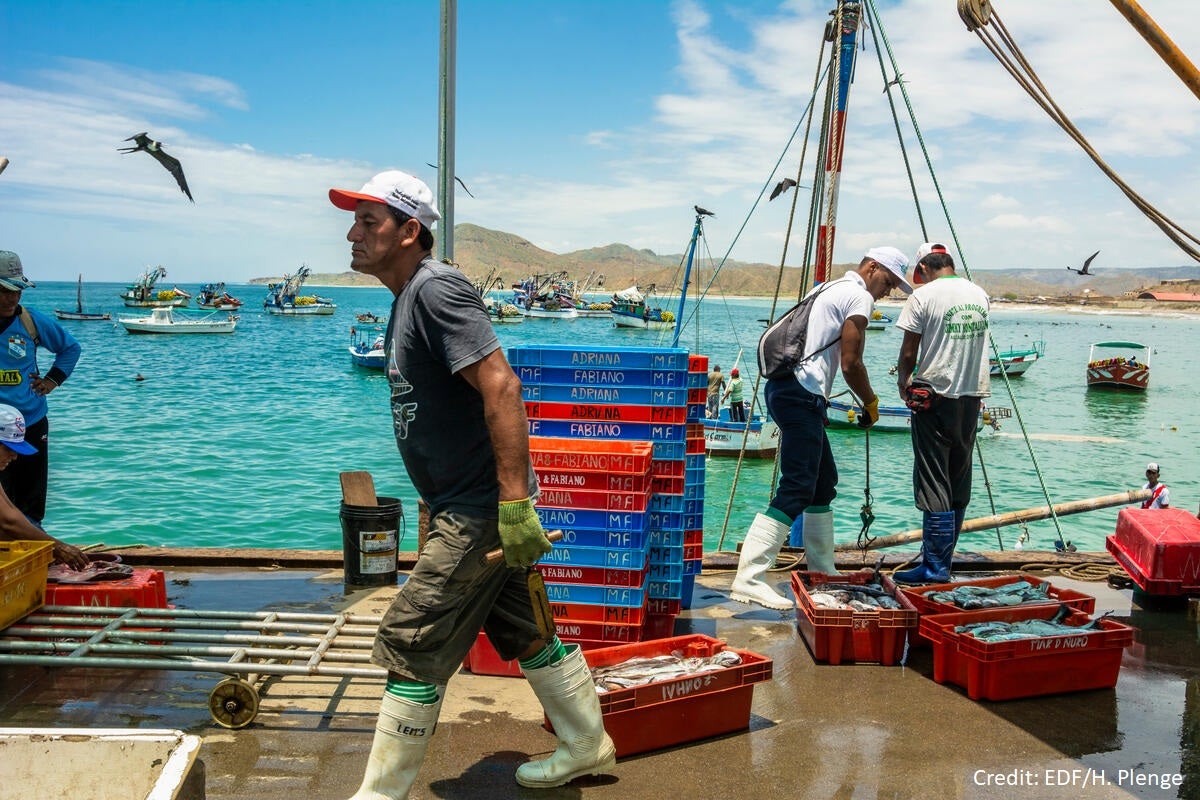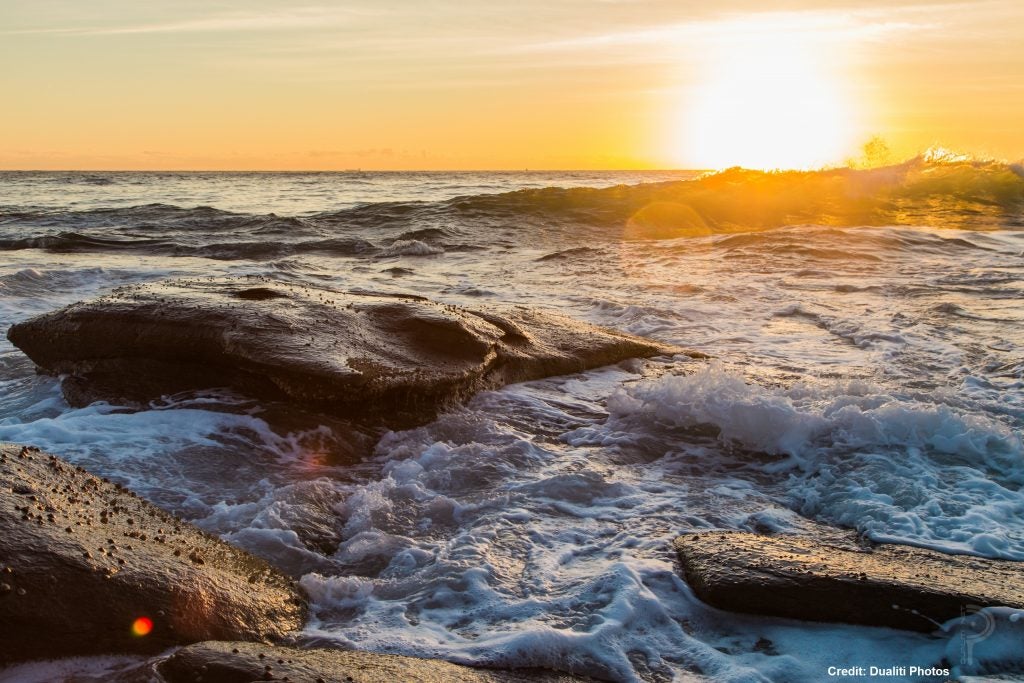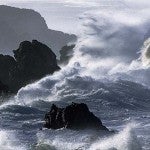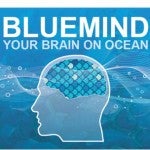To manage anything well, you’ve got to measure it. And you’ve got to make sure you are measuring the right things. The new Ocean Health Index puts us on a path toward both of these goals.
The fact that the ocean scores only 60 out of 100 on the Ocean Health Index is good to know – it means that we humans are not doing a very good job in ensuring that the ocean provides the many benefits that it is capable of providing. It’s a little like finding out that your car is only producing 60% of its maximum power output, or that your garden is producing only 60% of the tomatoes that it could be producing. You know that something is not right.
When you break the overall score down, it’s clear that we are doing a particularly bad job getting food out of the ocean (score = 24 out of 100). Although overall seafood production is up, most of it now comes from farms that feed fish that we don’t eat a lot of (so – called forage fish like sardines and anchovies) to fish that we like to eat (like salmon and shrimp). The problem is that the process of farming converts large amounts of forage fish into much smaller amounts of salmon and shrimp. And the less forage fish we leave in the ocean, the less food there is for dolphins, albatrosses, sharks and the other wildlife that grace the ocean and enrich our existence.
The other way that we are getting it wrong on seafood production is that a lot of fisheries are not producing nearly as much as they could be, ironically because we’ve taken too much, too fast. Fisheries are renewable resources, but in order to produce good yields over many years, it’s critically important to leave enough fish in the water to produce the next generation. Of the 30% of the world’s fisheries that have been assessed, it’s clear that we have been taking too much- resulting in high yields initially but low yields subsequently. Read More »










